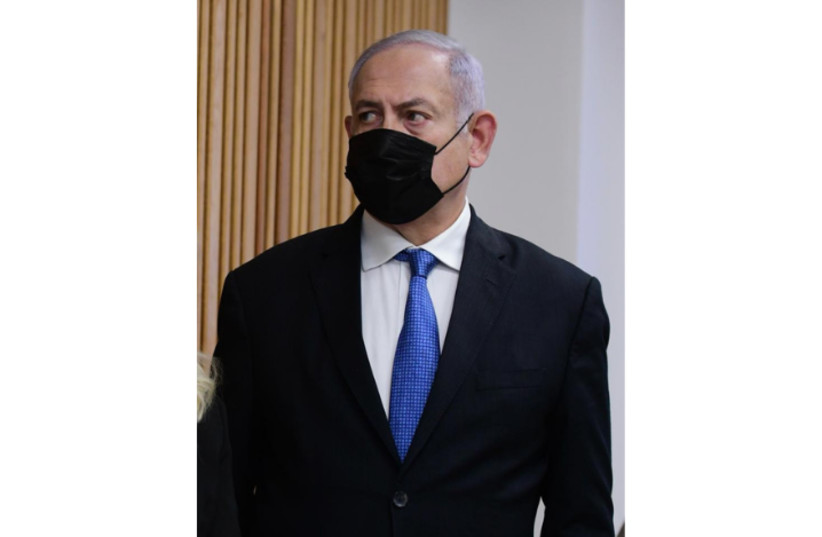A majority of an expanded nine-justice panel of the High Court of Justice on Tuesday endorsed the police’s authority to access all data on the cellphones of two aides of former prime minister Benjamin Netanyahu to probe them on charges of witness intimidation.
At the same time, the majority of the justices strongly criticized the police for the slow pace of fixing errors they were making in improperly invading the privacy of suspects regarding cellphones and other electronic devices.
Justice Yosef Elron went even farther than the majority’s criticism, dissenting and finding the police’s misconduct sufficient to penalize them regarding access to the cellphones in dispute.
The prosecution spokeswoman was unsure at press time whether an indictment would be issued or not, and by when the decision would be made.
In July 2021, the High Court hearing on the issue was broadcast live because of its profound legal implications, and the Israel Bar Association and the Public Defender’s Office came out in support of Netanyahu’s advisers’ position.

In mid-February 2021, Netanyahu aides Ofer Golan and Yonatan Urich requested that High Court President Esther Hayut allow them a rare hearing before a broad panel of the court, a request she granted.
On January 26, 2021, a three-judge panel of the High Court endorsed the police’s authority to access all data on the two Netanyahu aides’ cellphones.
The two allegedly were involved in efforts to intimidate former top Netanyahu aide turned state’s witness Shlomo Filber from following through with his plan to accuse his former boss of corruption.
Golan and Urich’s lawyer, Amit Hadad, said that though they were disappointed by the High Court’s ruling, they were gratified that the court had set new and stricter rules for the handling of suspects’ cellphones.
Further, they expressed hope that the prosecution would abandon the case with no indictment.
Generally, broader panels of the High Court are granted only on constitutional issues, but Golan and Urich claimed that the specific legal questions pertaining to the police accessing their cellphones had not been decided until now and did have major constitutional implications.
Essentially, their lawyer, Hadad, who also represents Netanyahu in his public corruption trial, said in July 2021 that police had gotten the suspects’ agreement to search their cellphones, but under false pretenses.
Hadad said the police were obligated to caution the suspects that they could refuse, in which case law enforcement would have had to seek a court-approved warrant.
In addition, Hadad said the police asking for access to suspects’ cellphones without informing them of their right to refuse is a systemic problem, and that the High Court must deny law enforcement use of the data they obtained to teach them a lesson.
At a broader level, Hadad argued that suspects should also be allowed to have lawyers present when the police ask a court for such search warrants, and that there should be special early appeal rights in such cases because of the deep violation of privacy.
